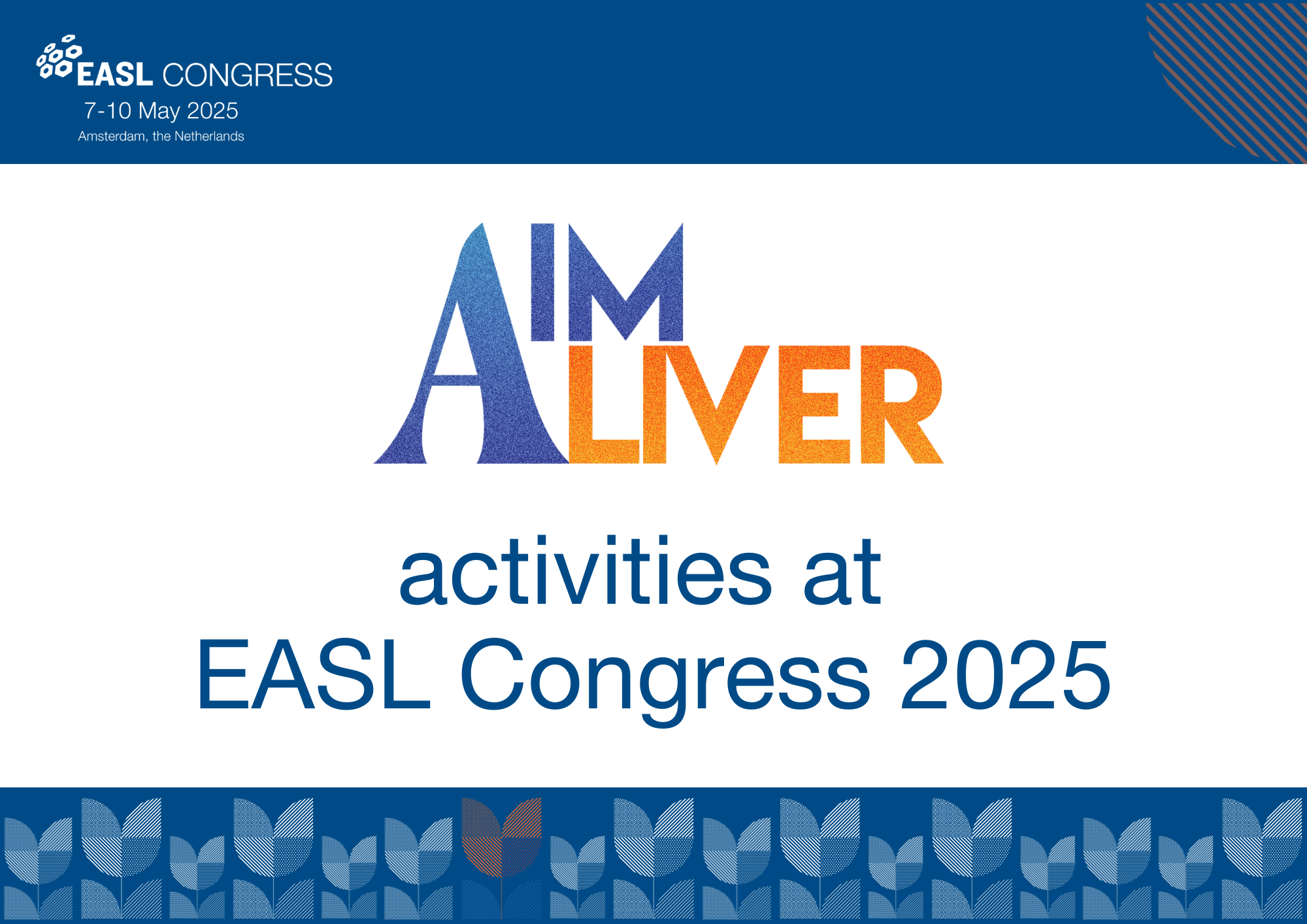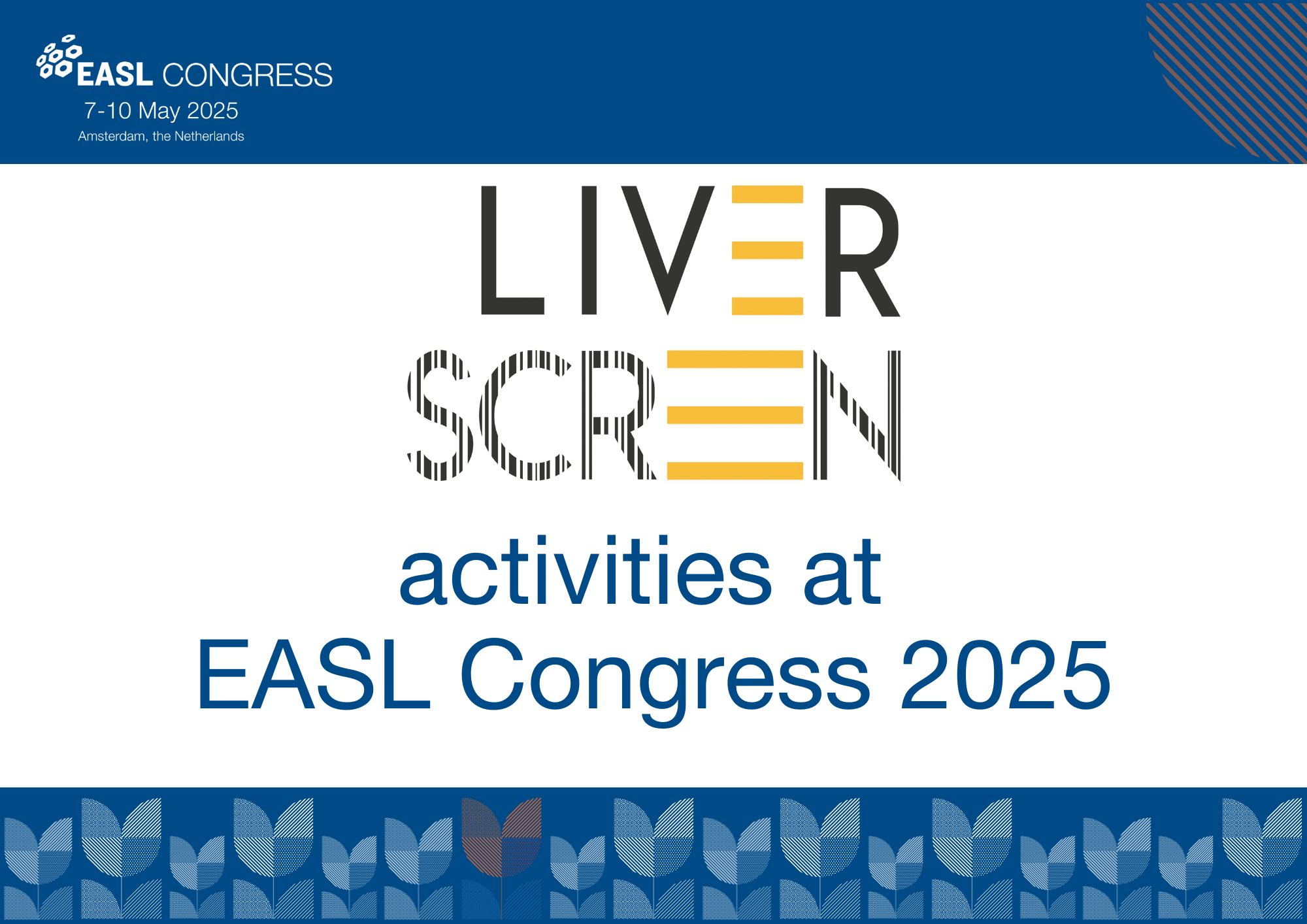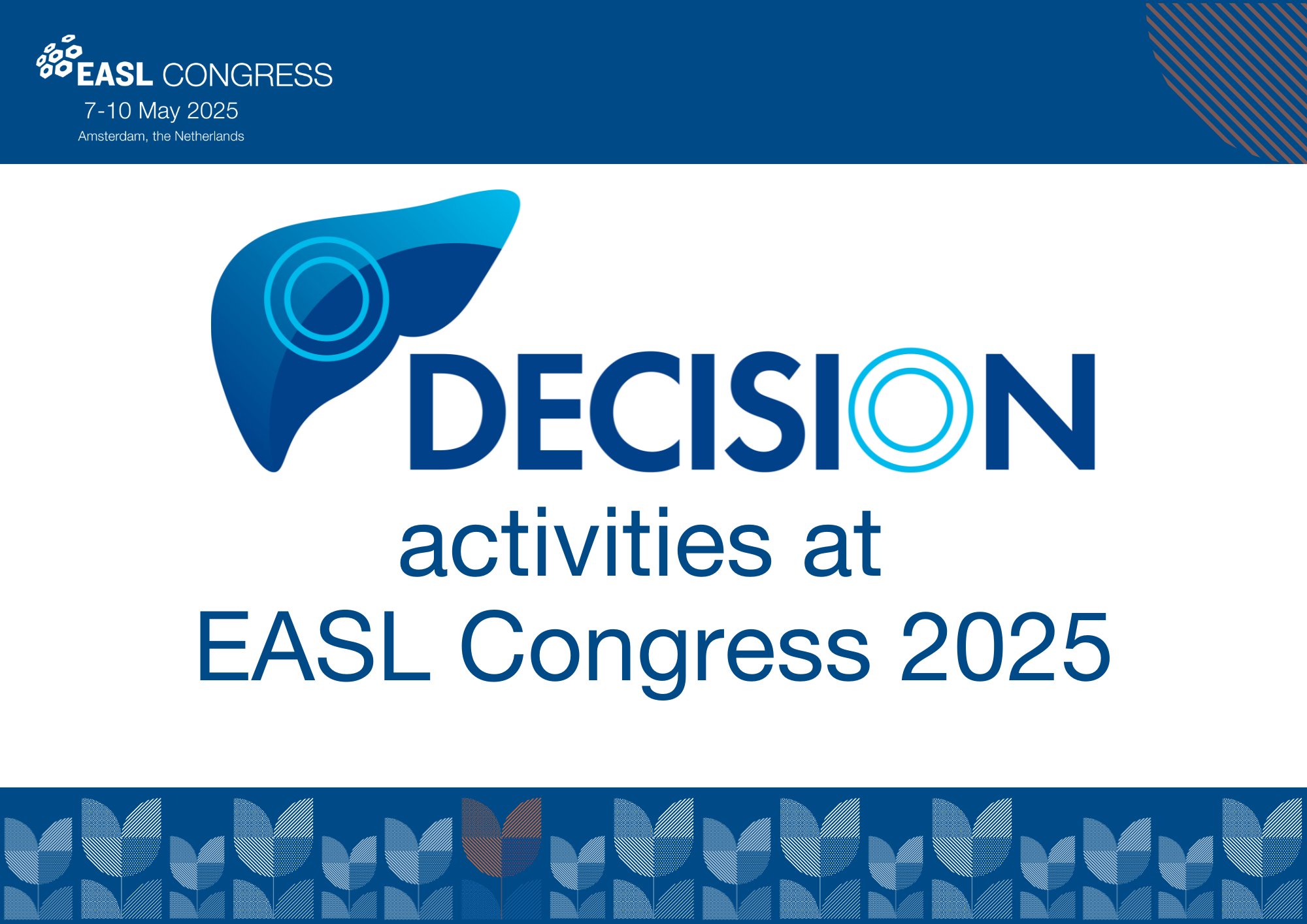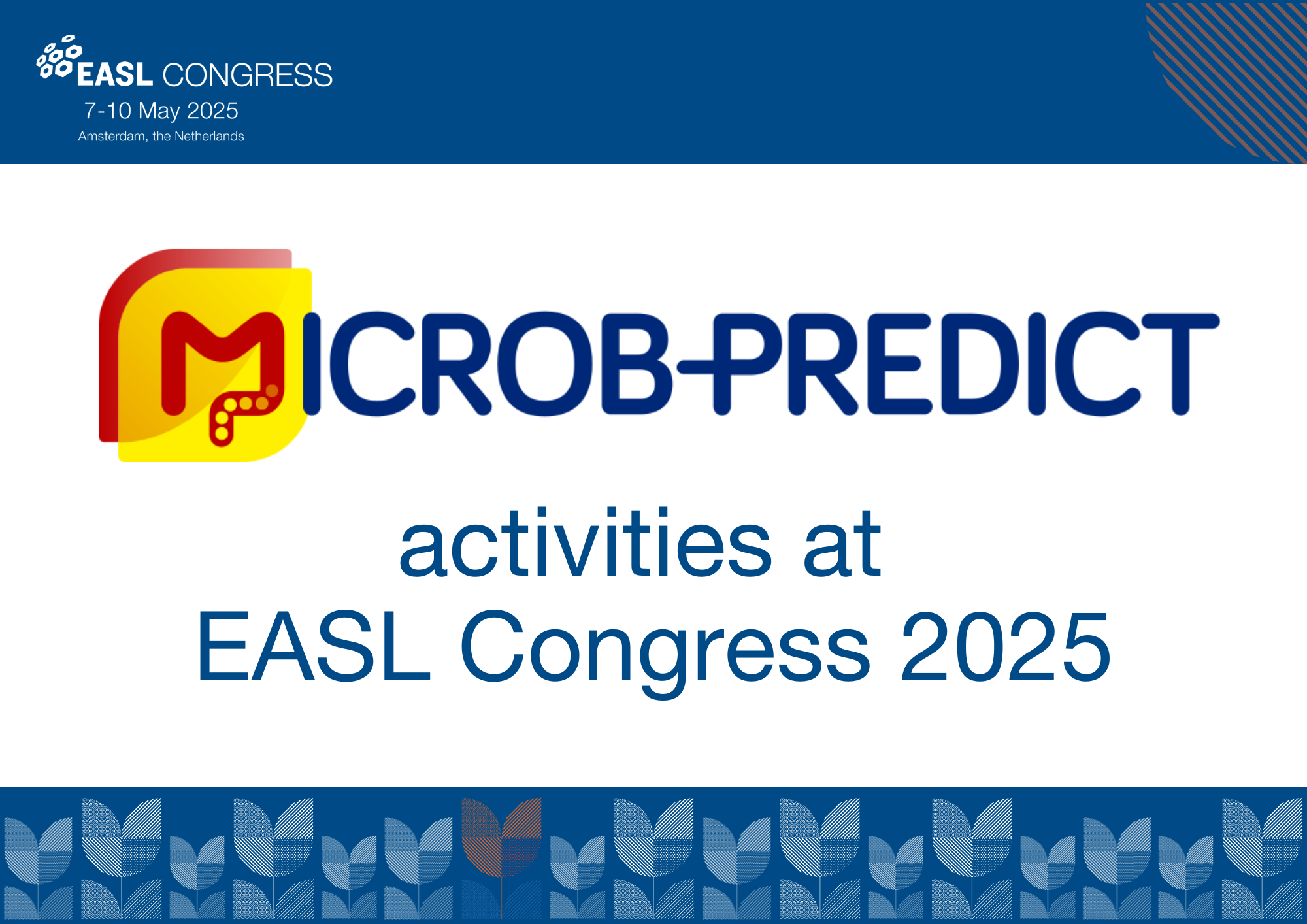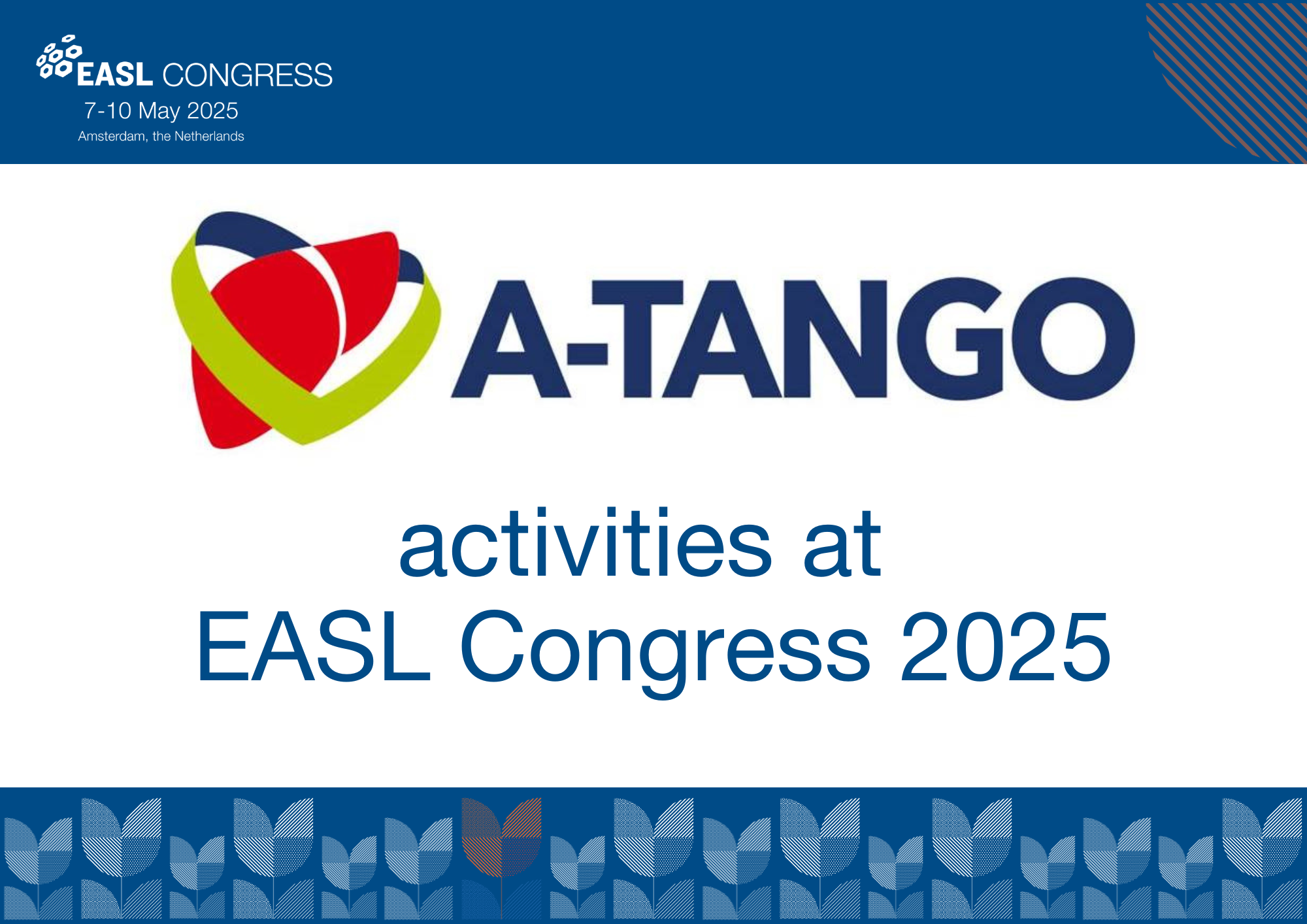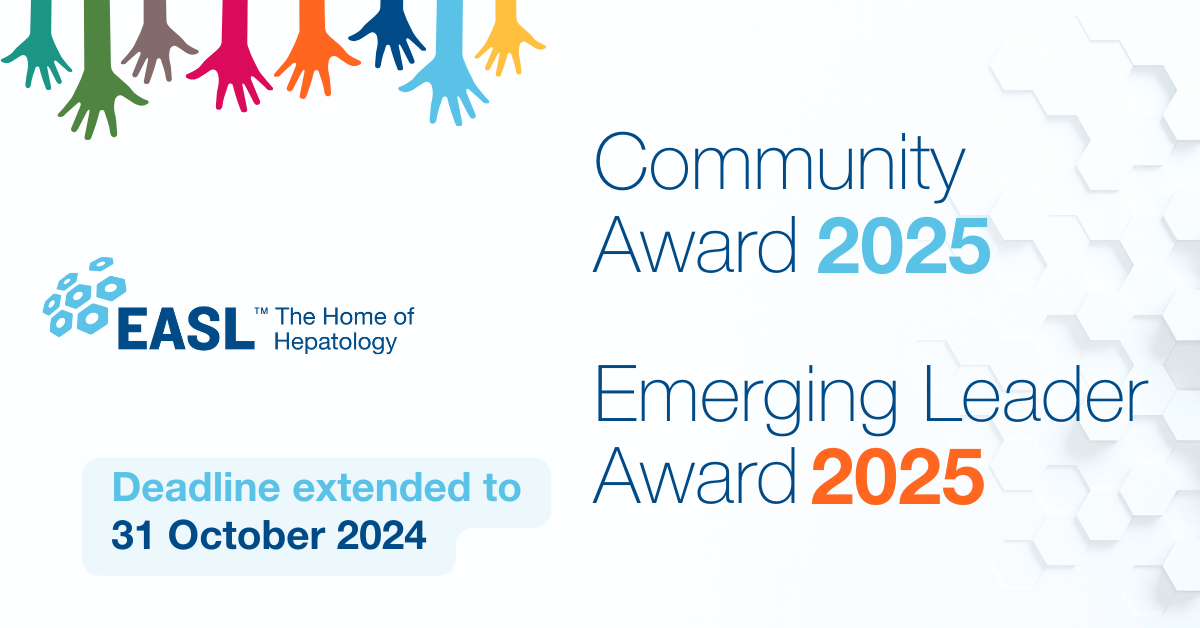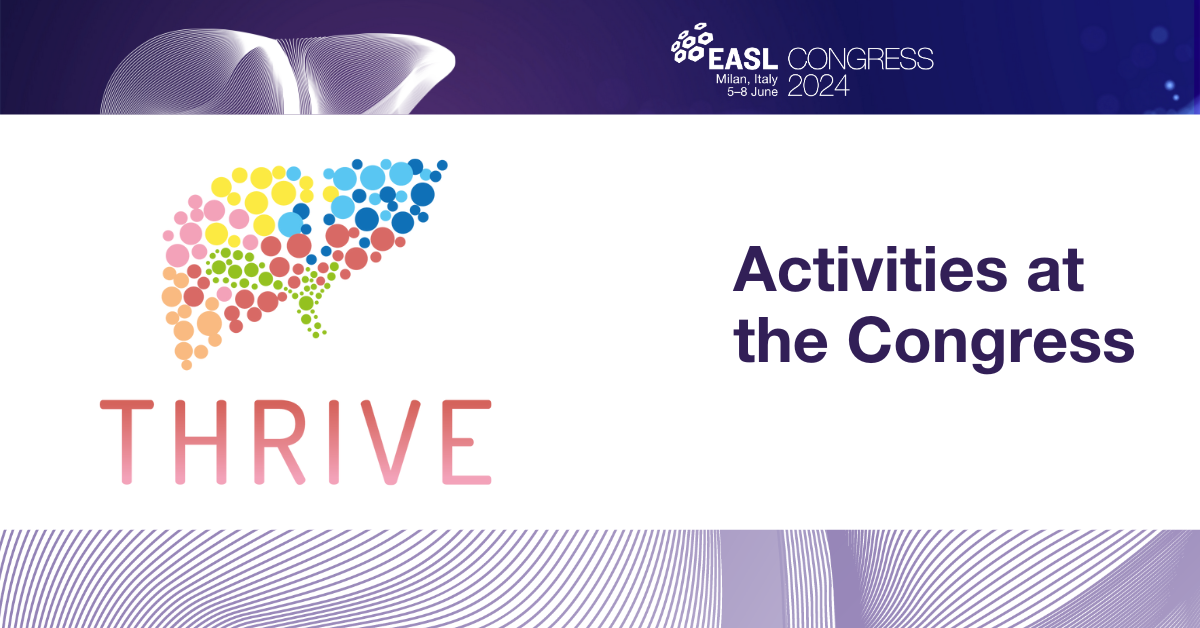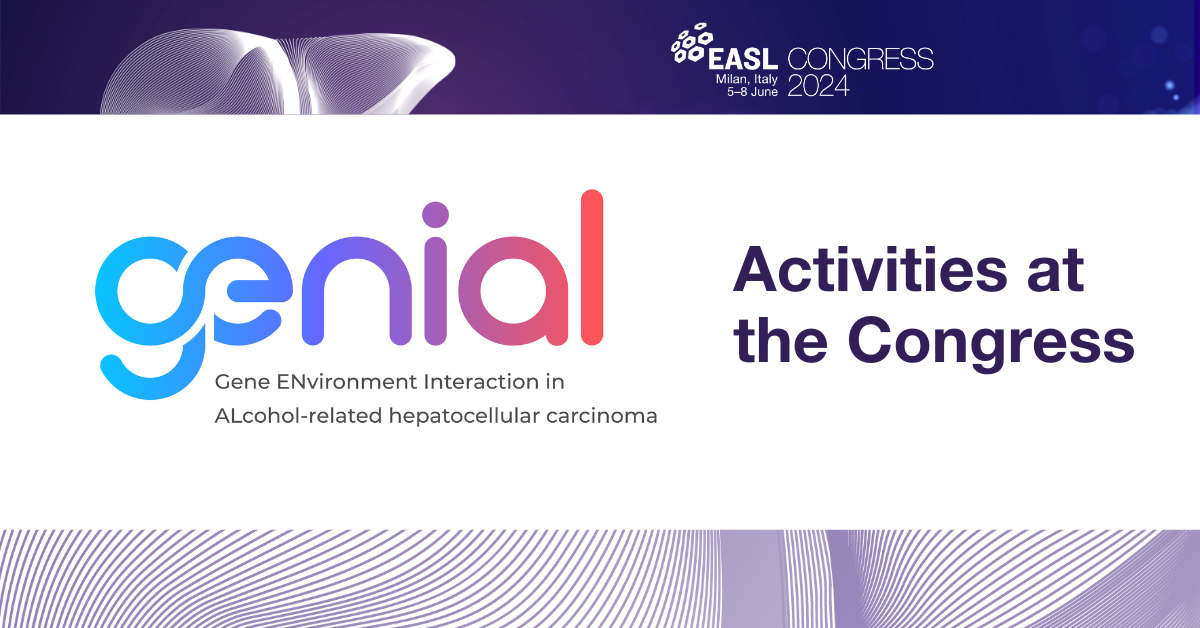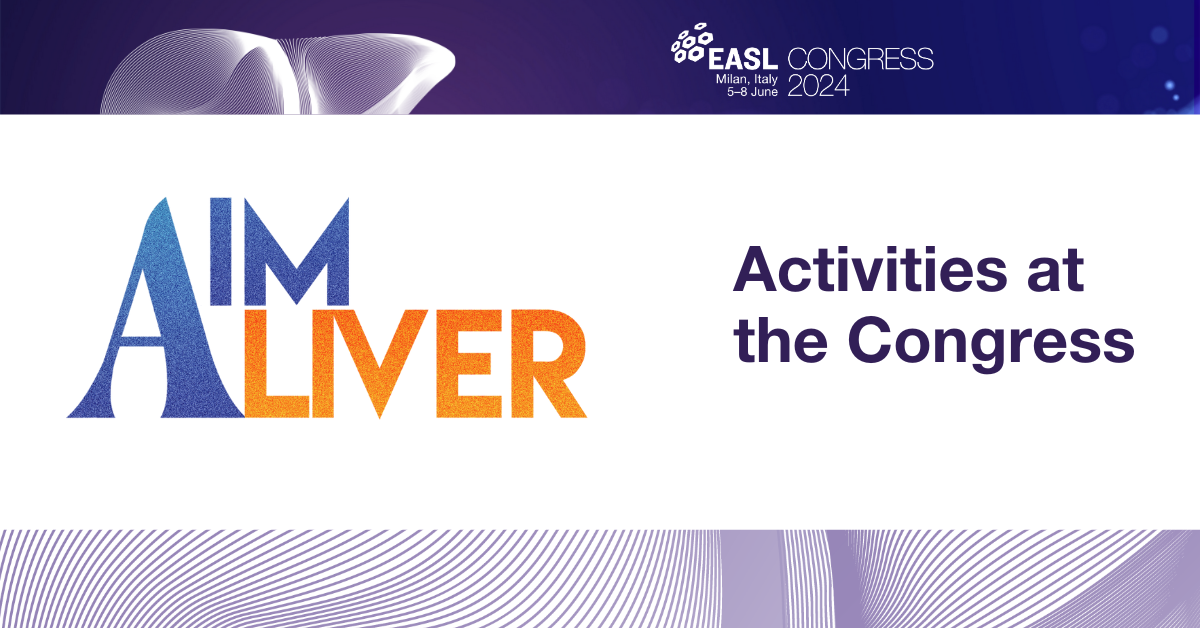LIVERAIM related activities at EASL Congress 2025
This ambitious collaboration between academic, clinical, and industry partners aims to transform how liver diseases are diagnosed and treated by developing innovative and cost-effective tools for early diagnosis and personalized care, with the goal of improving patient outcomes.

